Today we will be talking about the internet’s seemingly new obsession with raw milk and tackling the biggest question – should you buy raw milk?
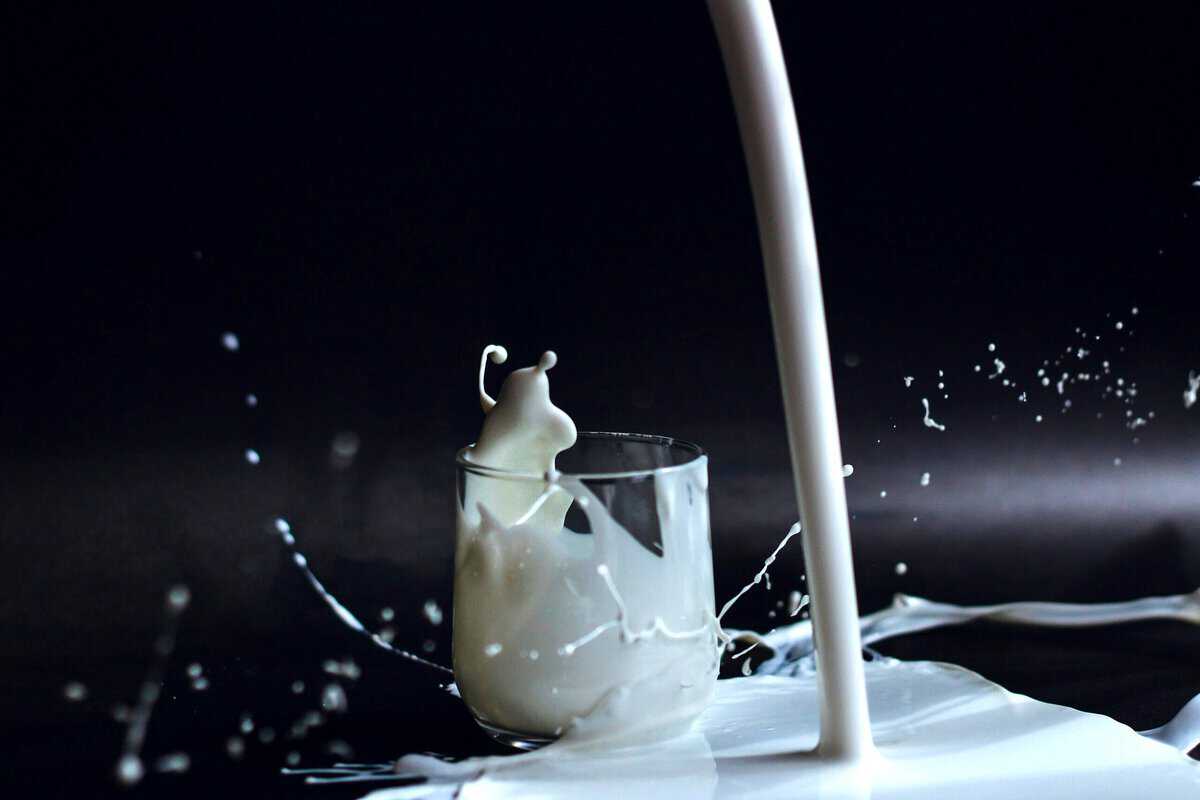
What started as a few dairy farmers innocently sharing the fruits of their labor, has become a full blown social media epidemic, with tons of health-focused influencers, trad wives, and self proclaimed “crunchy moms” spreading misinformation about save pasteurized dairy. I don’t know why I’m always surprised by these trends but yet, I do find myself scratching my head at this one. There are very few foods that America has full out made completely illegal in 20 states, but here we are, raw milk made that exclusive list. And I’m sure a lot of you have consumed or even buy raw milk on occasion, and you’re thinking “What is the big deal? I’m totally fine”. And yes, most people will be fine. But that’s not how public health recommendations are made.
Raw milk is a known vessel for deadly bacteria like E. coli, salmonella, staph aureus, campylobacter, listeria, burnetti, and even tuberculosis. Raw milk and raw milk products are 150 times more likely than their pasteurized counterparts to sicken those who consume them. In one CDC study, they looked at all dairy related outbreaks between 1993 and 2006, and they found 121 dairy-related illness outbreaks resulting in 4,413 illnesses, 239 hospitalizations, and three deaths. While raw milk products account for only 1% of dairy production in the U.S., raw milk dairies were linked to 60 percent of those dairy-related outbreaks and 85 % of all dairy hospitalizations.
Now, a lot of the crunchy and/or natural health community online will swear that raw milk is infinitely healthier than pasteurized. This trend has ended up in bed with the general anti-authority anti-conventional health care movement that encourages distrust in some of the most basic public health initiatives of our generation. Things like pasteurizing milk. The message is always cryptic, always vague, a simple “do your own research” is the mantra of a lot of misinformed grifters. But here’s the problem- this is the “research” we are directed to. Biased websites like rawmilkinstitute.org compile their “facts” from “first hand accounts and surveys”. GREAT.
Anecdotes are not science. And it is dangerous to recommend that people do their own research by reading anti science Reddit threads, blogs, and watching creators with no healthcare credentials dominate TikTok.
Claim 1 – Raw milk is better for your gut
Lets talk bacteria. The bacteria found in raw milk are almost exclusively not probiotics, in other words, they’re not the good kind of bacteria you want in your gut. One study found a small amount of probiotic activity in raw milk but you would need around 10,000 times what’s found in raw milk to see any gut health benefits. Most of the Bacteria that are present in milk come from infected udder tissues aka mastitis which i know a lot about because I had it 5 f*ing times, plus contamination with soil, water and cow manure, and contaminated milking equipment. A lot of raw milk advocates will claim that raw milk contains bifidobacterium, which is in fact a beneficial probiotic. But since bifido is found in a cow’s GI tract, not their milk, it comes out in their fecal matter, so the presence of bifidobacteria in raw milk actually indicates fecal contamination and an enhanced risk of all sorts of other pathogenic bacteria. So if you’re looking for good bacteria, its a hell of a lot safer to consume probiotic enriched PASTEURIZED dairy like yogurt or kefir, or take a probiotic supplement like this one that I just launched *wink*.
Claim 2 – If You’re Lactose Intolerant, You Can Still Digest Raw Dairy

You can gather this little nugget of misinformation straight from rawmilkinstitute.org but it’s also all over the dark web. Folks, if you’re lactose intolerant, and milk gives you the runs, good luck with the raw milk trend. Lactose is found in all bovine cow’s milk- both raw and pasteurized in a concentration of about 4.8%. Raw milk enthusiasts often claim that it’s easier to digest because raw milk contains beneficial probiotic bacteria that secrete lactase to help you break down the lactose. But as we’ve already uncovered, that is not evidence based
As for the idea that raw milk contains indigenous lactase which is the enzyme that helps you digest lactose is not substantiated in the literature. The only mention I see of this “fact” is from surprise surprise from raw milk websites.
When we look at the large meta-analysis comparing raw milk with pasteurized, only one study reported on lactose intolerance, and they found no difference in symptoms. In another more recent small cross-sectional study they found that folks who were lactose intolerant experienced just as many digestive symptoms when consuming raw milk compared to pasteurized milk. And this makes complete sense because there is lactose in ALL MILK. Our lactase capacity comes from our body. The reason why yogurt for example is easier to digest than milk is because the added bacteria that is necessary in the yogurt making process yields the enzyme lactase.
So bottom line, if you are lactose intolerant and want to buy raw milk, it’s not going to help nor is it beneficial to your gut. If anything, getting a bad case of salmonella is probably going to do a real number on your digestion and wipe out the beneficial microbiome colonies you do have.
Claim 3: Raw Milk is Easier to Digest
So to recap on digestive enzymes, lactase helps break down the milk sugar lactose, and as we’ve established, there is no evidence that it exists naturally in raw milk products. We do however know that all milk naturally contains proteases AKA the digestive enzymes that break down protein. Plasmin is one of the main proteases found in milk and it happens to be heat stable so we find it in pasteurized milk too. But even if it was killed off when we heat it, it would make no difference to our digestion of the milk proteins since any indigenous proteases from milk get denatured in our gut. The proteins in dairy like whey and casein get digested by our own human proteases when you drink the milk.
As for lipase, which is the fat digestive enzyme, the main lipase enzyme in cow’s milk is lipoprotein lipase or LPL. And while LPL does get inactivated through pasteurization, it again, wouldn’t matter, as it doesn’t actually play a role in our human dairy digestion. We have our own gastric lipase and pancreatic lipase which is what helps us digest the fats in milk. It’s actually a good thing to inactivate the cow’s indigenous lipoprotein lipase because its that enzyme that can cause milk to get rancid and gross really f*ing fast.
So basically what I’m saying is that the enzyme action in milk, pasteurized or raw, doesn’t really matter, since it’s the human enzymes, whether indigenous or supplemental, that help do the job.
Claim 4- Raw milk cures or prevents milk allergies and asthma
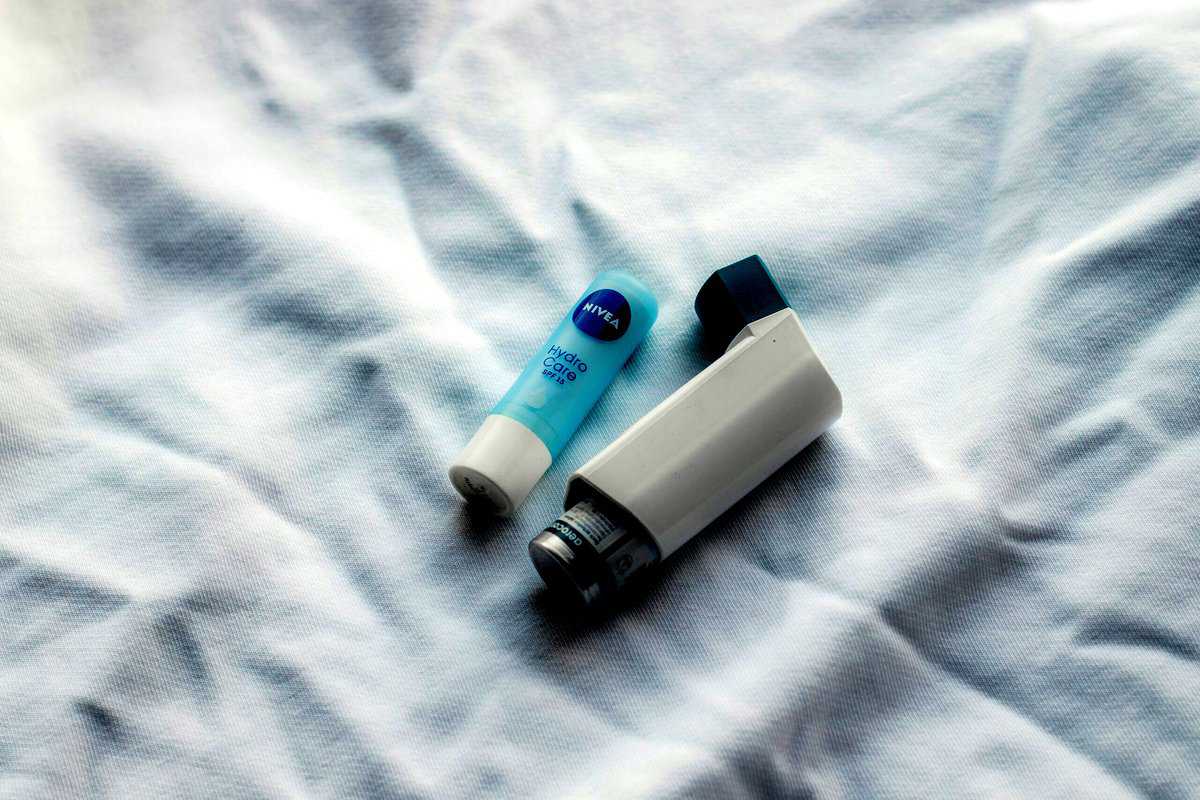
So this myth has emerged from the PARSIFAL study which has been misquoted and misused by raw advocates to confirm their beliefs. But basically, the PARSIFAL study found an inverse association with FARM milk consumption, not raw milk consumption, with asthma and allergy. Even the authors make it clear that their study “does not allow for the evaluation of the effect of pasteurized vs raw milk because no objective confirmation of the raw milk status from farm milk was available.” In reality, about half of the farm milk used in the study was boiled. And the findings from this aren’t really that surprising considering that living on a farm, in general, is associated with lower rates of allergy and asthma, by creating early life opportunities for allergen exposure. Fresh air and exposure to nature are good for you, who would have thought?
As for milk allergies specifically, research has shown that raw milk and pasteurized milk do not differ in their anaphylactic sensitizing capacity. Pasteurization does not change the allergenicity of milk protein. So if you’re allergic to store-bought milk, I would avoid the raw stuff too.
Claim 5- Pasteurized milk is stripped of all of its nutrients
So this is one of the major messages from the pro raw community – that the key nutrients in raw dairy get boiled away when pasteurized. Thankfully actual scientists from here in Canada published a whole systematic review and meta analysis of 40 studies to get to the answer. The results found that milk pasteurization did decrease its concentrations of vitamin B1, B2,B12, C and folate. But even after pasteurization, milk is still a source of B1, an excellent source of B12, and an excellent source of B2. The Vitamin C and folate of raw milk isn’t anything to write home about anyway, so the loss here isn’t exactly a tragedy.
Otherwise, they’re basically the same. Same fat, same carbs, same protein content, same protein bioavailability, and both a source of 15 essential nutrients. It’s just that one will potentially make you shit your pants for days. A tiny bit of vitamin c…. Food borne illness. I mean, everyone has to make that risk benefit analysis for themselves.
Claim 6 – You should be drinking raw milk while pregnant and giving it to your kids.
Wow. HARD STOP. Half of illnesses linked to raw milk are in children. And there have been sadly a number of cases where kids have gotten so sick they died. Everything we give our kids, whether it is food, supplements, medication etc, comes down to a risk benefit analysis. And there is zero question in my professional mind that the risks here far outweigh the benefits. This isn’t fearmongering, this is facts. And if you want to take that risk for yourself because you love your farmer, or you love your own cow, and you love your raw milk, then you do you. I mean, we all take calculated risks every single day for our health, whether it’s eating raw sushi or bagged salad. But I do urge everyone to really think about that risk for vulnerable kids, and hold it against the truly insignificant nutritional benefit of going raw. There are a lot of ways to help your kids meet their nutrient needs that don’t come with the same level of concern.
Bottom Line
In summary, this post is not meant to shame anyone who has chosen to buy raw milk, or even to give it to their children. But I would not be doing my job as a science communicator if I didnt at least break down some of the misinformation there is out there so that you can make the most informed health choices for you and your family.
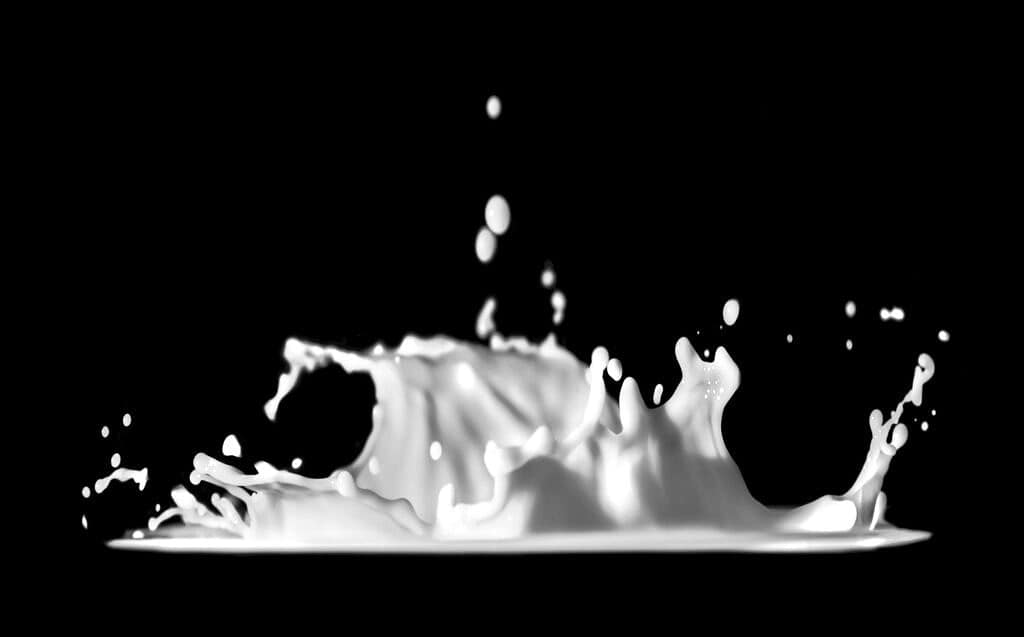
More Blog Posts You Might Like
Interested in debunking more crazy wellness influencer claims? Check out some of my favorite science based blog posts below!
- DIETITIAN DEBUNKS HEALTH AND WELLNESS TRENDS | AG1, GREENS POWDERS AND OATS
- DOES DIET COKE CAUSE CANCER? THIS AND OTHER HEALTH MYTHS YOU CAN IGNORE
- A DIETITIAN’S REVIEW ON CELEBRITY HEALTH AND WELLNESS BRANDS
Have you been wanting to buy raw milk? What has your experience been if you’ve tried raw milk before? I’d love to hear your thoughts below!

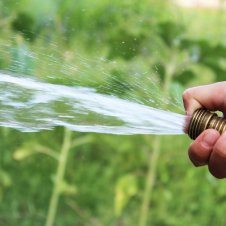
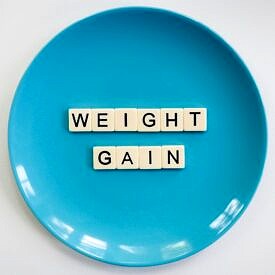


Telkom University says
In what ways does the debate over raw milk consumption intersect with broader discussions about food safety and regulation?